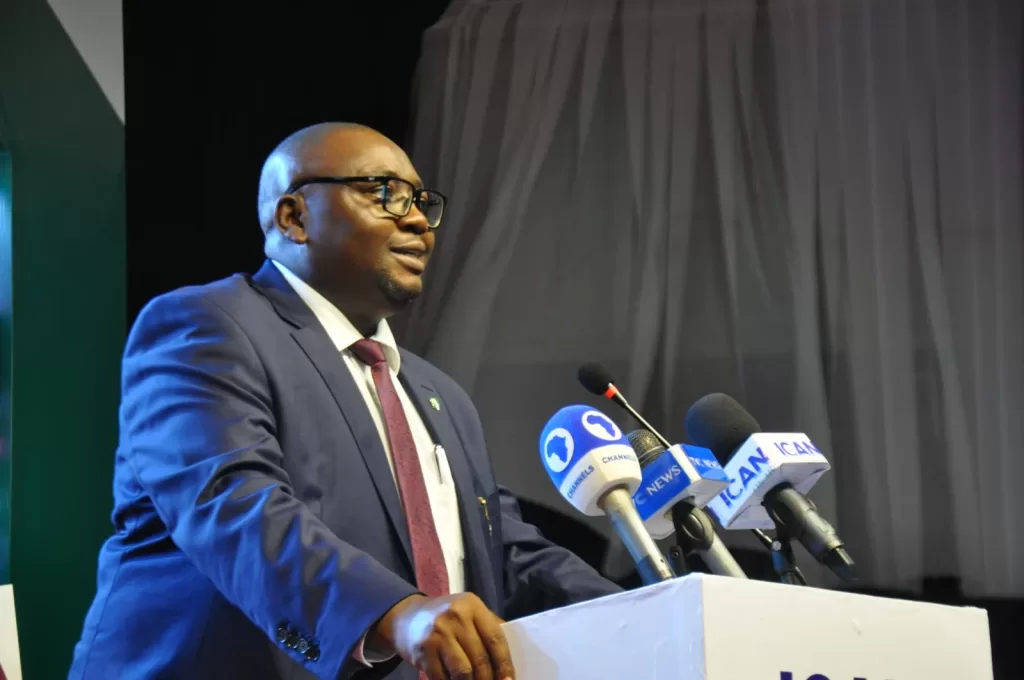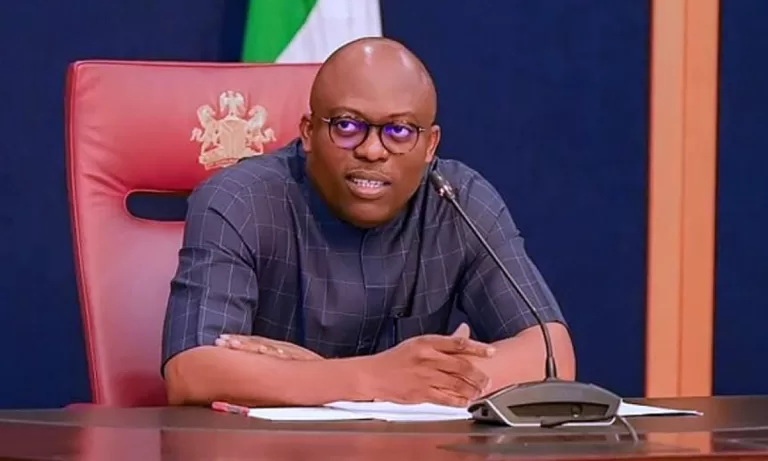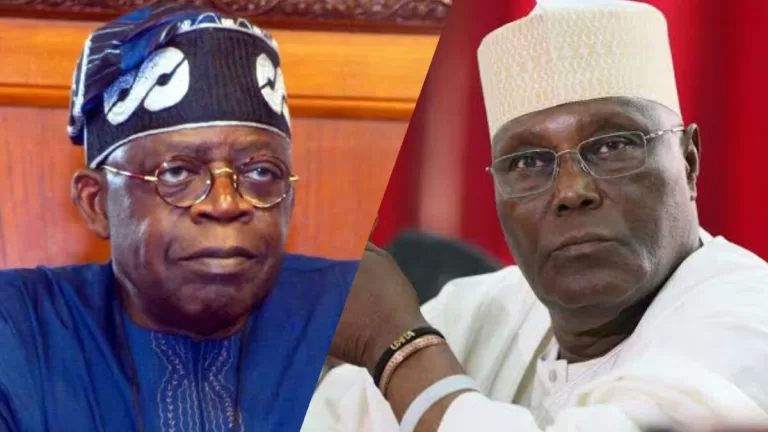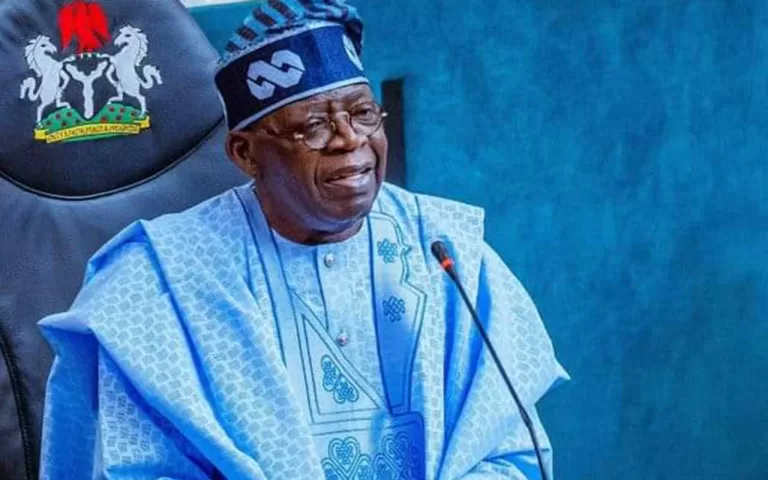
Power Minister Announces Trillion-Naira Debt Payment, Historic Milestones in Power Generation, and Sector Reforms
In a bold move to avert a nationwide blackout, the Federal Government has announced plans to pay at least ₦2 trillion out of a staggering ₦4 trillion debt owed to electricity generation companies (GenCos), many of whom had threatened to shut down operations over the unpaid bills.
The announcement was made by Minister of Power, Chief Adebayo Adelabu, during the sixth edition of the 2025 Ministerial Press Briefing Series held at the National Press Centre in Abuja on Thursday.
Adelabu disclosed that the debt, largely inherited from past administrations, will be settled through a combination of cash payments and government-backed promissory notes. The intervention, he said, is critical to preserving power supply and sustaining recent gains in electricity generation.
“We are not just paying debts—we are preserving national stability,” Adelabu said. “A minimum of ₦2 trillion will be cleared before the end of the year.”
A Justified Tariff Hike?
Defending the controversial electricity tariff hike, the minister argued that the move is not designed to benefit power distribution companies at the expense of consumers but to ensure long-term service improvement and prevent systemic collapse.
He further clarified that the subsidy figures being reported were not fabricated but rather a carryover from previous years combined with current obligations in 2024.
“We are doing everything possible to ensure affordable and consistent power—especially for the vulnerable,” Adelabu assured.
Historic Surge in Power Generation
Highlighting tangible progress, the minister revealed that Nigeria hit a historic peak generation of 6,003 megawatts on March 25, 2025—the highest ever recorded. Just days earlier, on March 4, the grid evacuated a record 5,801.44 megawatts with a daily energy output exceeding 128,000 megawatt-hours.
The average daily power generation in the first quarter of 2025 now stands at 5,700 megawatts, a 40% increase from the 4,100 megawatts achieved in the same quarter of 2023.
“It took Nigeria four decades to add 2,000 megawatts to our generation capacity. We’ve achieved nearly that in under two years,” Adelabu said.
Strategic rehabilitation efforts by the Niger Delta Power Holding Company (NDPHC) were also highlighted, with 232.5 megawatts restored at the Omotosho and Benin power plants. Additional investments have upgraded 14 transmission lines and substations, boosting grid resilience across the country.
Reform and Accountability
Adelabu urged Nigerians to report distribution companies that fail to deliver the minimum hours of electricity as stipulated by their tariff band, promising sanctions against defaulters.
“If you’re paying for 20 hours and getting only 10, speak up. We’re listening—and we will act,” he stressed.
Media Sector Also in Focus
Meanwhile, Minister of Information and National Orientation, Mohammed Idris, used the platform to underscore the administration’s broader reform agenda. Fresh from attending the National Association of Broadcasters Conference in Las Vegas, Idris reaffirmed the government’s commitment to modernising Nigeria’s media and broadcasting infrastructure.
“Our presence on the global stage reflects a renewed ambition to reposition Nigeria as a leading voice in global media innovation,” Idris said.
He added that upcoming town hall meetings and the ongoing Ministerial Press Briefing Series are part of a broader campaign to foster transparency, dialogue, and development.
With power generation reaching historic highs and a multi-trillion-naira debt payment in motion, the Tinubu administration is betting big on infrastructure stability and institutional accountability as pillars of Nigeria’s future. Whether this will translate into tangible relief for Nigerians remains to be seen—but for now, the lights are still on.







